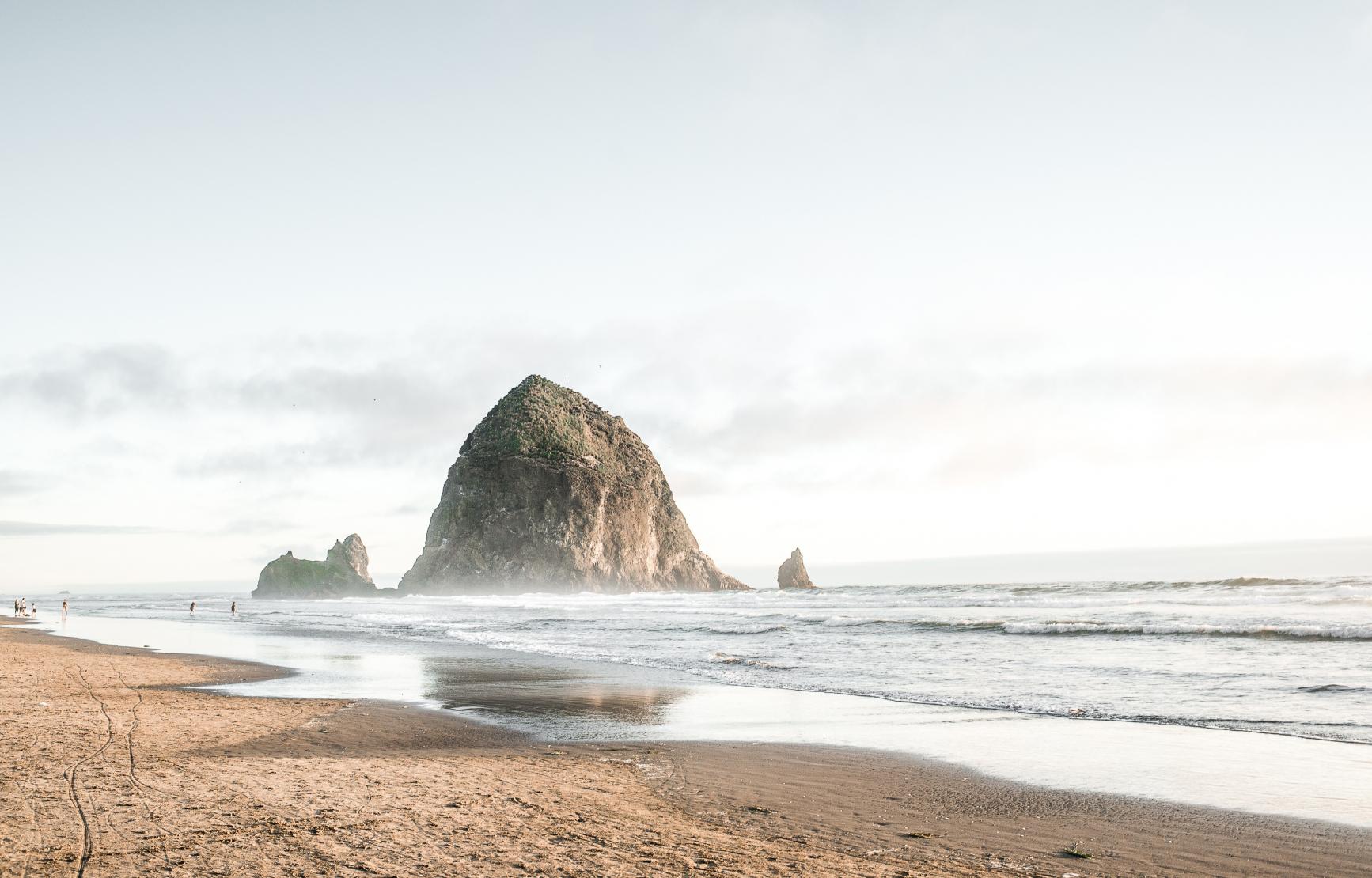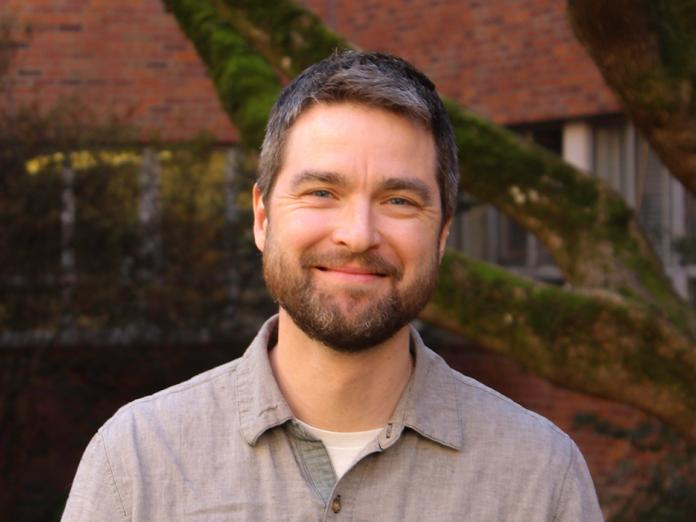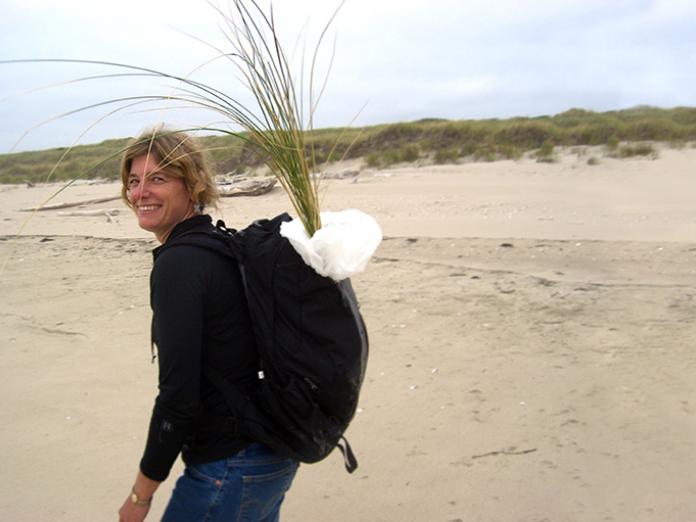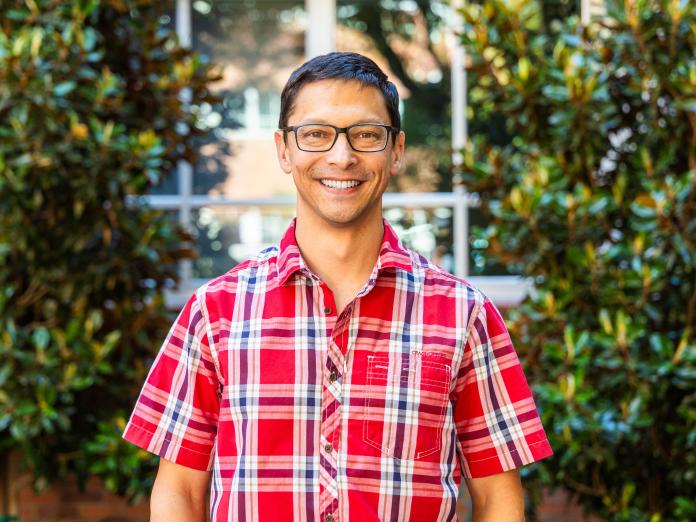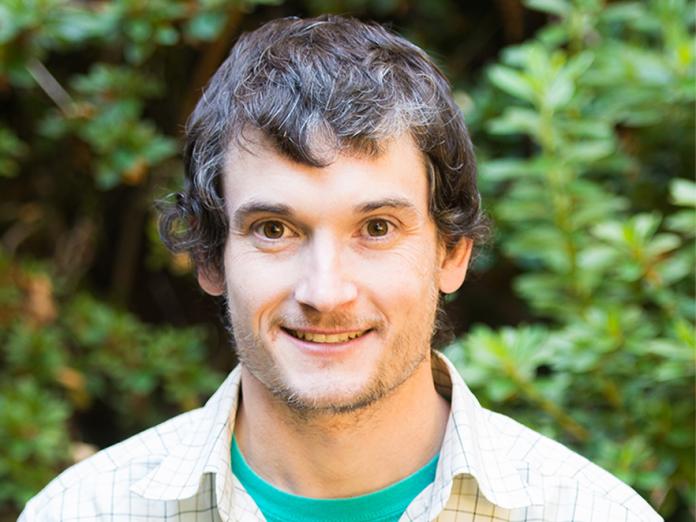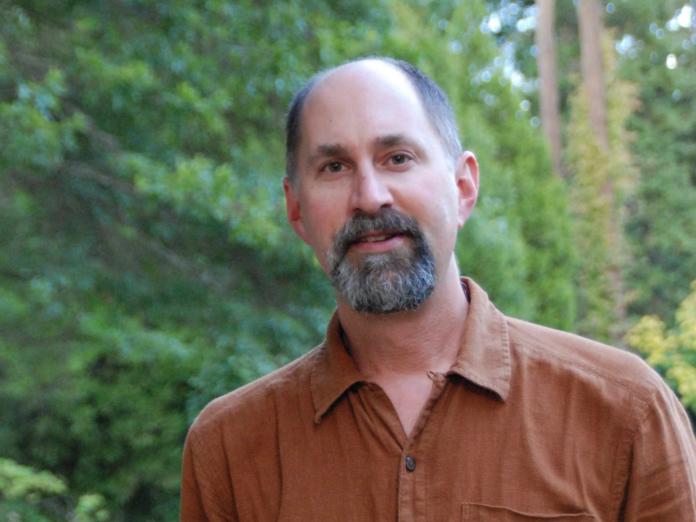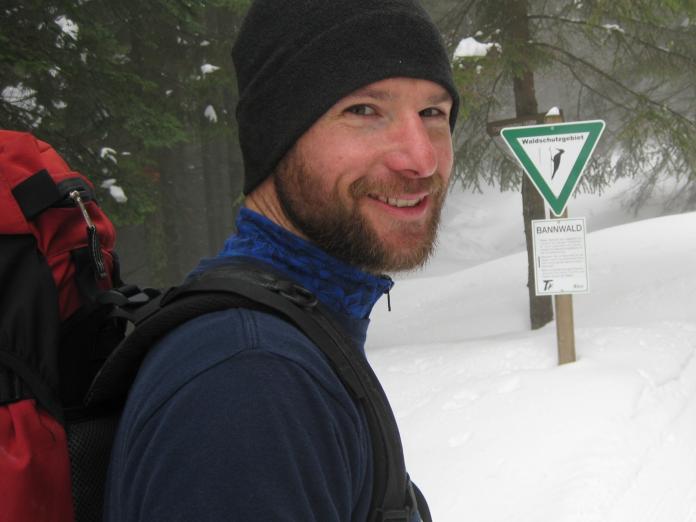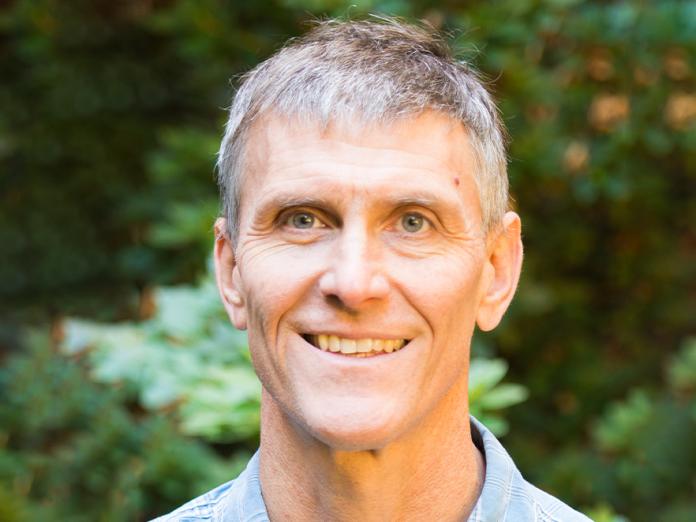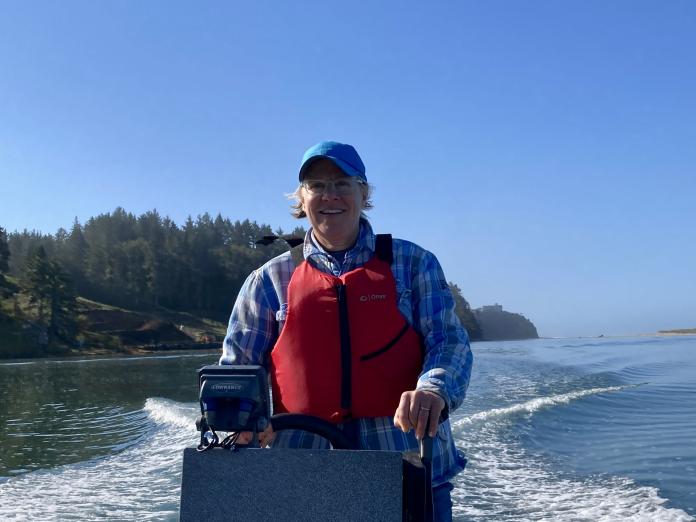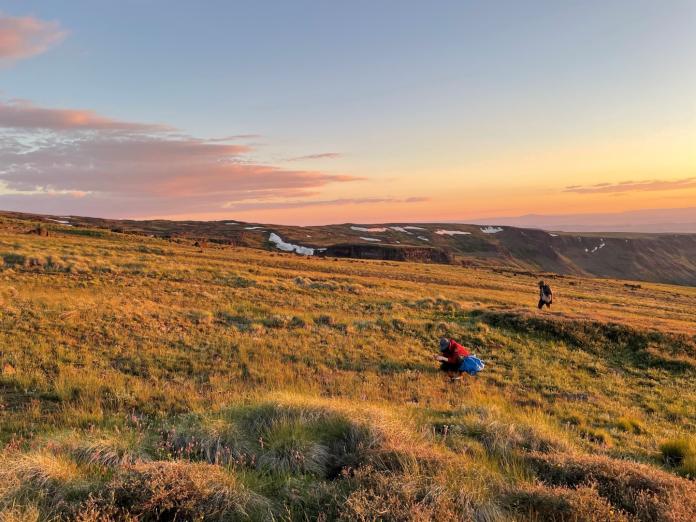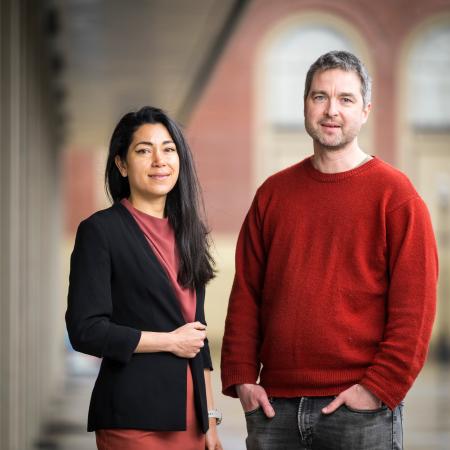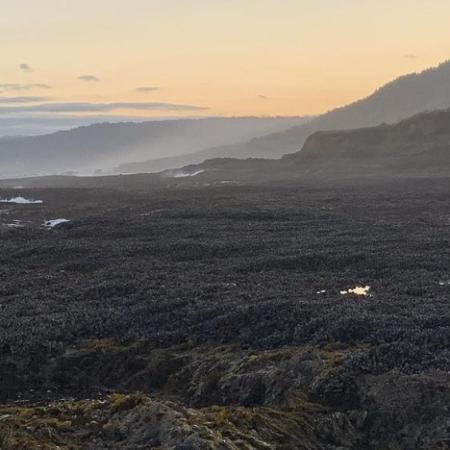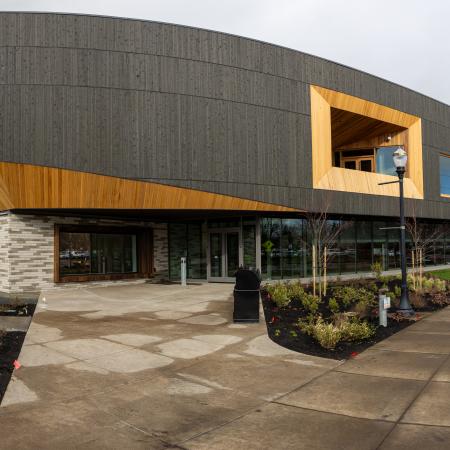Understanding the complexities of interactions among organisms and their environments is a central theme in a number of ecology research labs within our department. Working with a multitude of organisms and a diverse array of ecosystems, ecologists combine cutting edge technology and theoretical modelling to uncover the fundamental principles that shape interactions in the living world around us.
Our ecology faculty
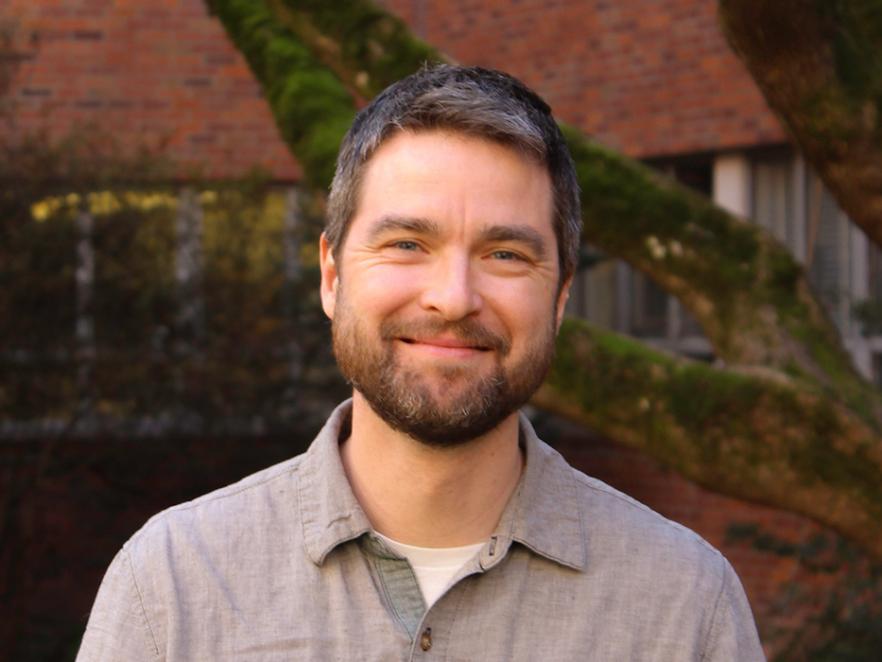
Benjamin D. Dalziel
I have broad interests in ecological and evolutionary dynamics, particularly related to the health of human and animal populations, and to the maintenance of biodiversity. I am particularly interested in (i) the ecology and evolution of infectious diseases, especially the impact of host population structure on pathogen spread and diversification and (ii) how collective behavior affects trophic interactions and ecosystem stability. To address these questions I work with students and collaborators at the interface of mathematical models and empirical data.
View directory profile
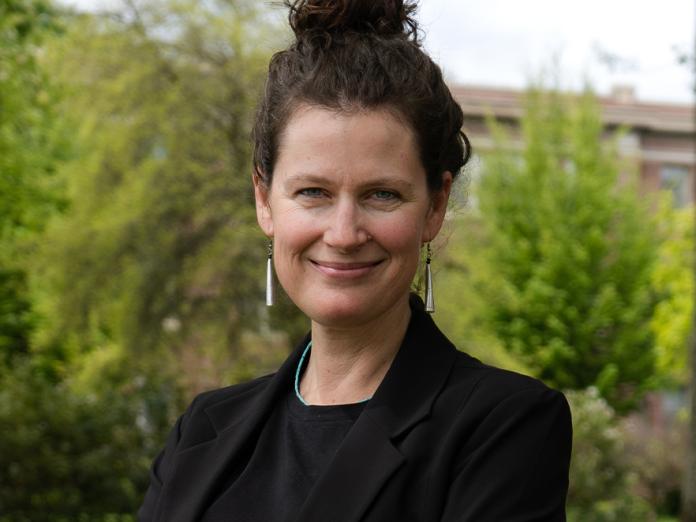
Kirsten Grorud-Colvert
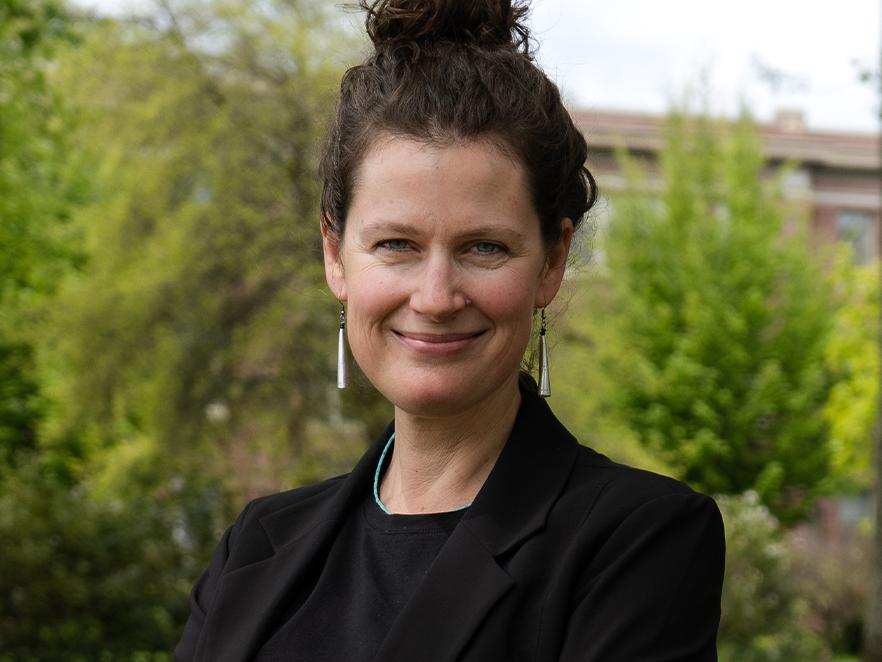
Kirsten Grorud-Colvert
My research focuses on marine ecosystem structure and function, marine population dynamics, community ecology, and environmental impacts related to climate change and other anthropogenic effects.
View directory profile
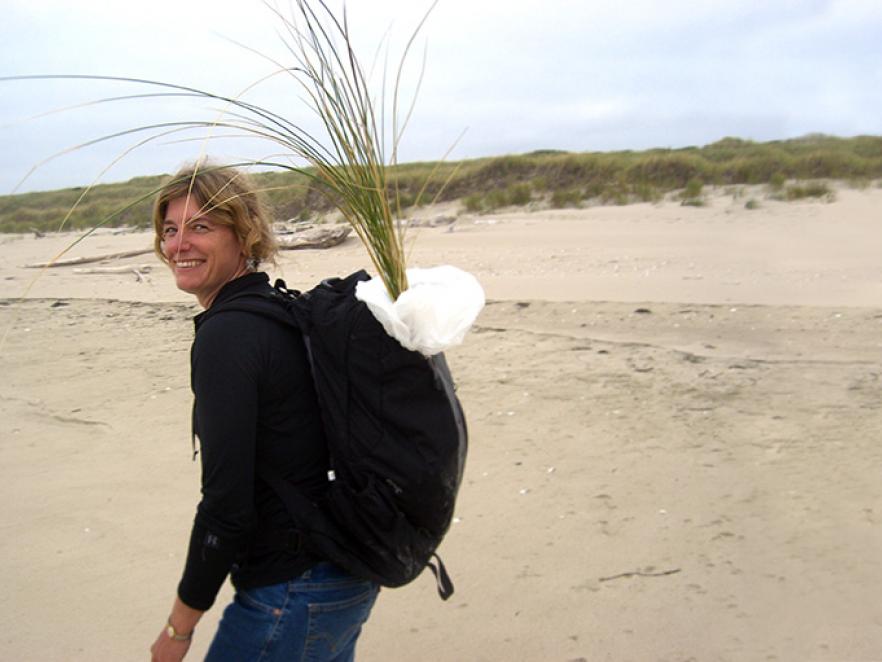
Sally D. Hacker
I am a coastal ecologist interested in natural and managed ecosystems under varying contexts of species interactions and global change. As a community ecologist, I have conducted research with plants and animals in rocky intertidal, estuarine, and coastal dune ecosystems. I have collaborated with other coastal scientist around the world to understand the ecosystem services of coastal interface habitats and their value to coastal management. There are three major themes that guide my research and that of my students:
- The processes important to community structure and function at local and regional spatial scales in dune, estuary, and rocky intertidal communities
- The mechanisms important to the protective role of ecosystems in mitigating coastal vulnerability from climate change
- The invasion, hybridization, and restoration dynamics of invasive coastal vegetation
View directory profile
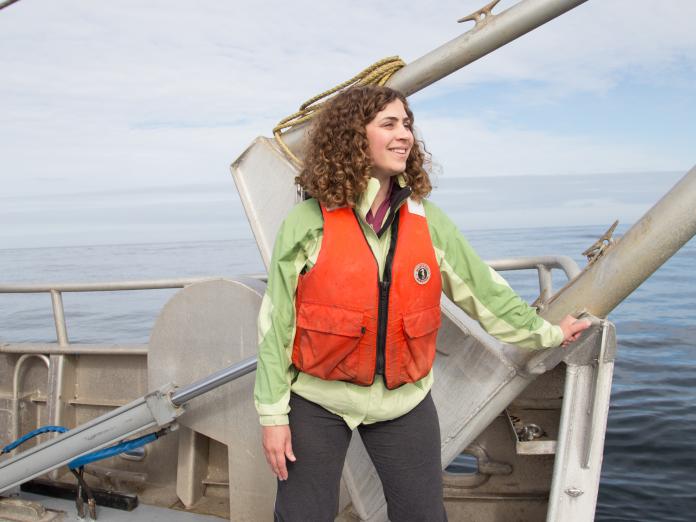
Sarah K. Henkel
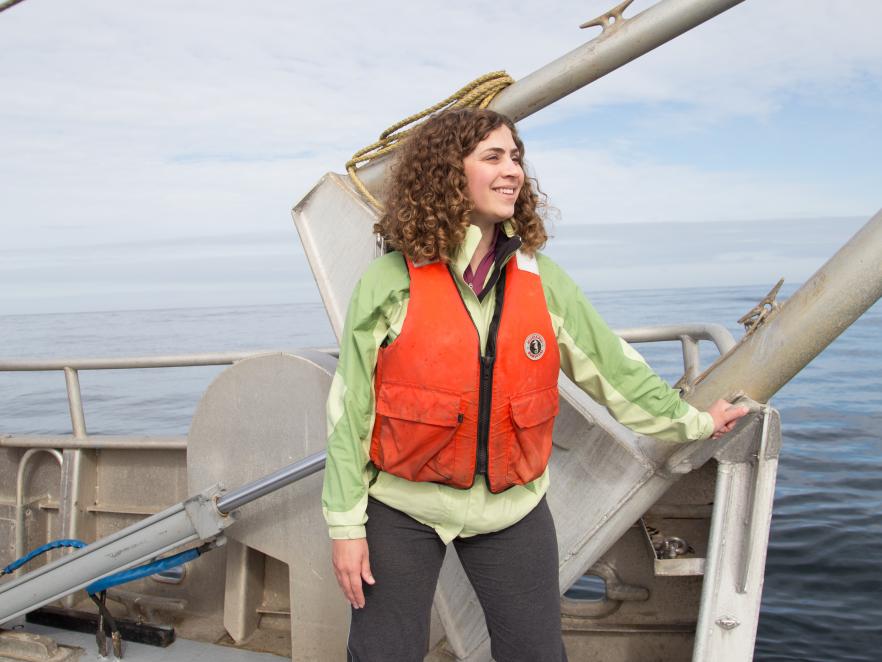
Sarah K. Henkel
I am a benthic ecologist at the Hatfield Marine Science Center and Associate Director of the Pacific Marine Energy Center at Oregon State University. My research broadly addresses potential effects of human activities (e.g. marine renewable energy installations, marine reserve designations, coastal development, invasive species, climate change) on seafloor habitats and species.
View directory profile
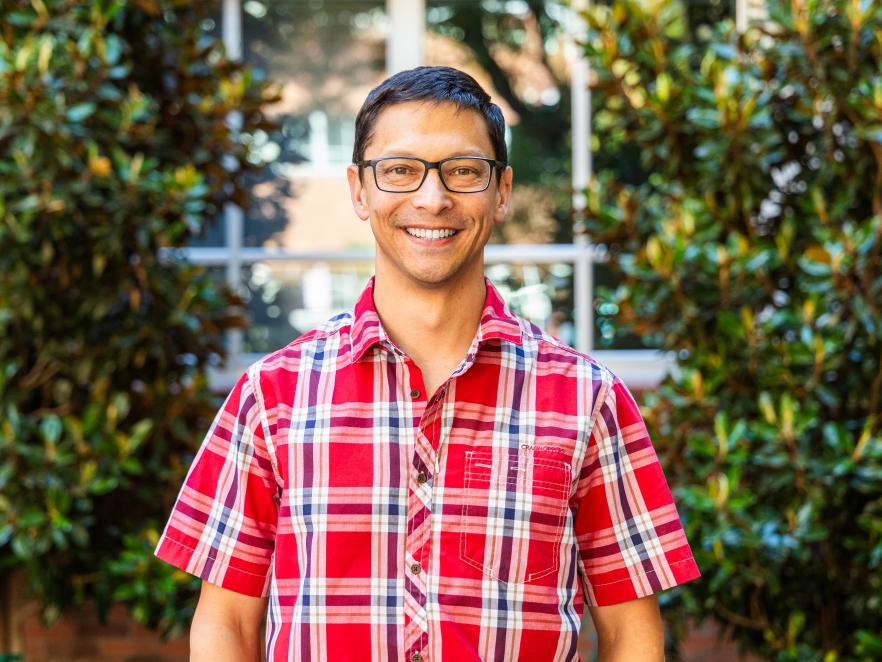
David Kikuchi
David's research explores how animals make sense of vast quantities of information and use it to make adaptive decisions, including learning and innate behaviors. He also studies how an animal's decision-making impacts the evolution of other species, as well as how adaptation and behavior create feedbacks with ecology. He focuses on predator-prey systems, communication, and social learning.
View directory profile
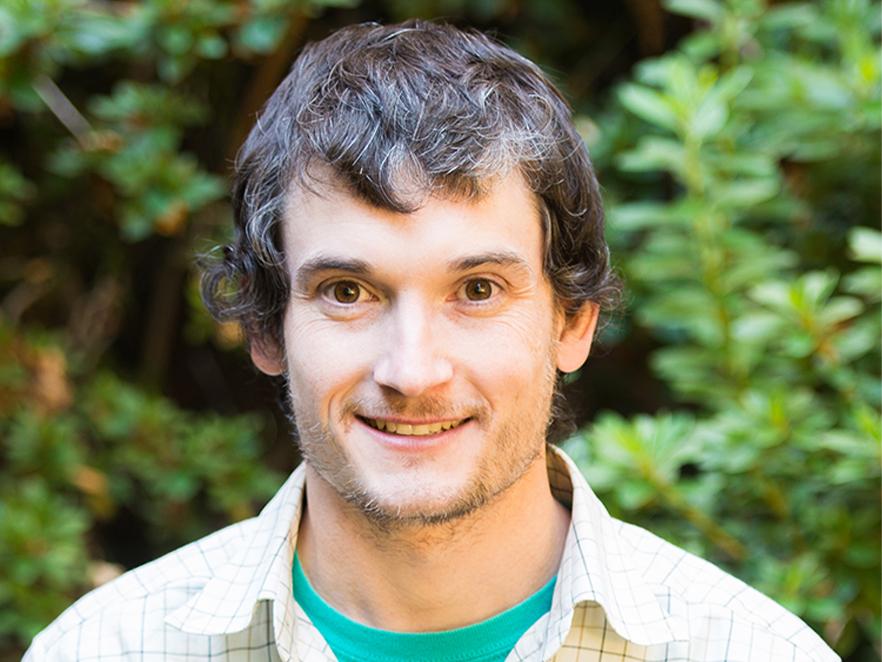
Nathan L. Kirk
The questions that we ask are ecological in nature and help us to understand how sea anemones interact with each other and other members of intertidal communities.
View directory profile
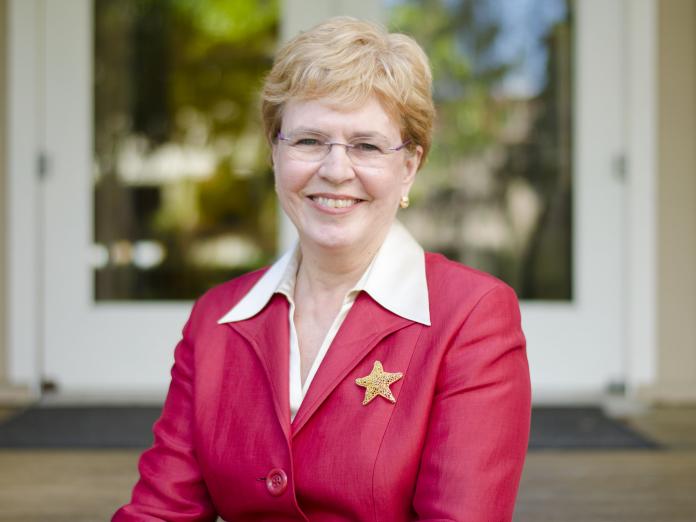
Jane Lubchenco
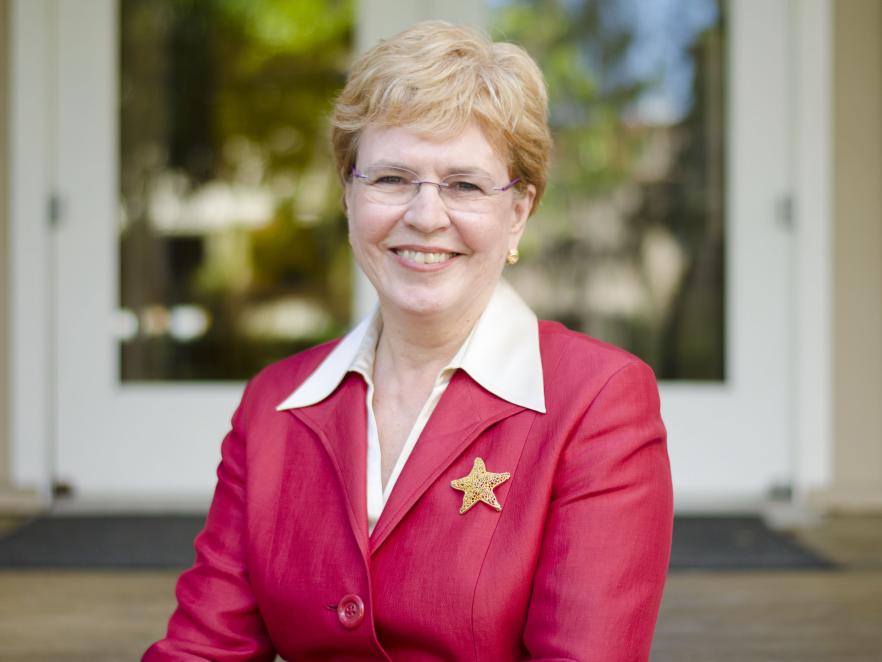
Jane Lubchenco
View directory profile
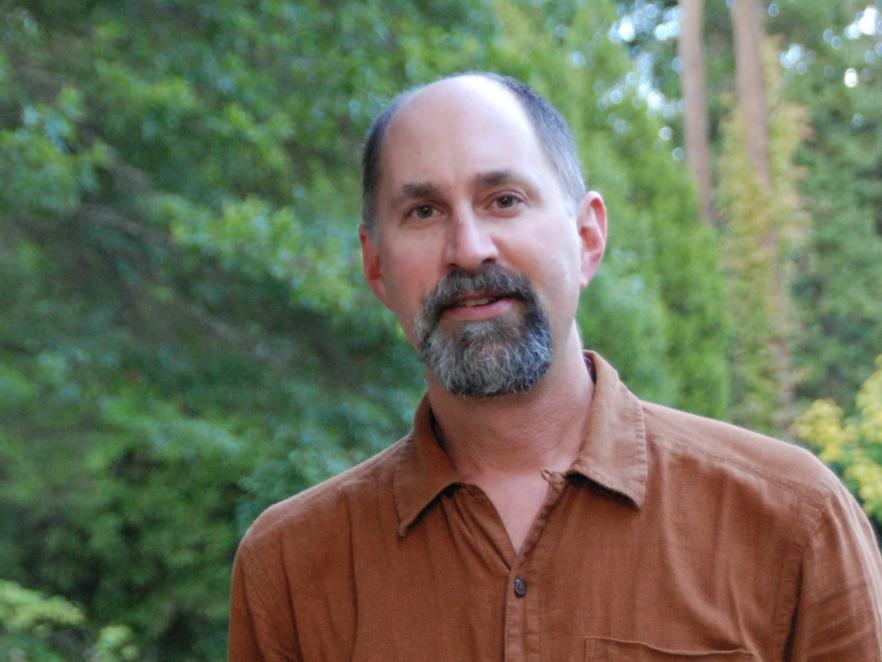
David A. Lytle
Our lab uses evolutionary ecology to understand how organisms and communities are shaped by disturbances such as floods, droughts, and dams. Much of our focus is on aquatic insects, but lab members also work on projects involving fish, frogs, and riparian plants. Current projects examine the evolution of species in regulated rivers, population dynamics and biodiversity estimation in desert streams, management of dammed rivers with prescribed flow regimes, and theory of interaction-neutral community models.
View directory profile
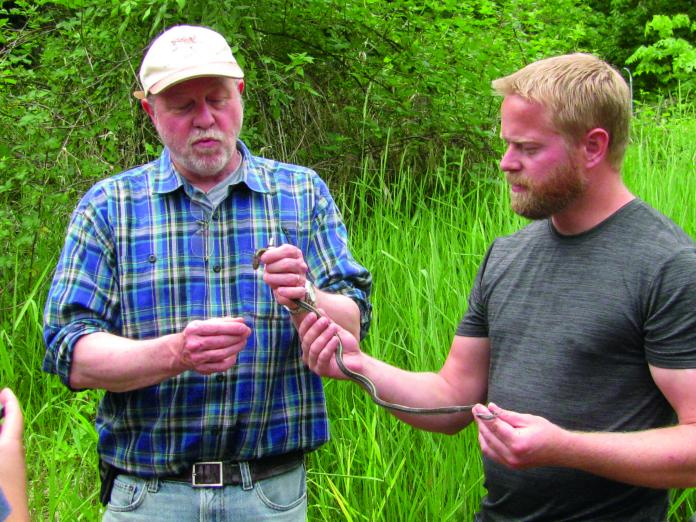
Robert T. Mason
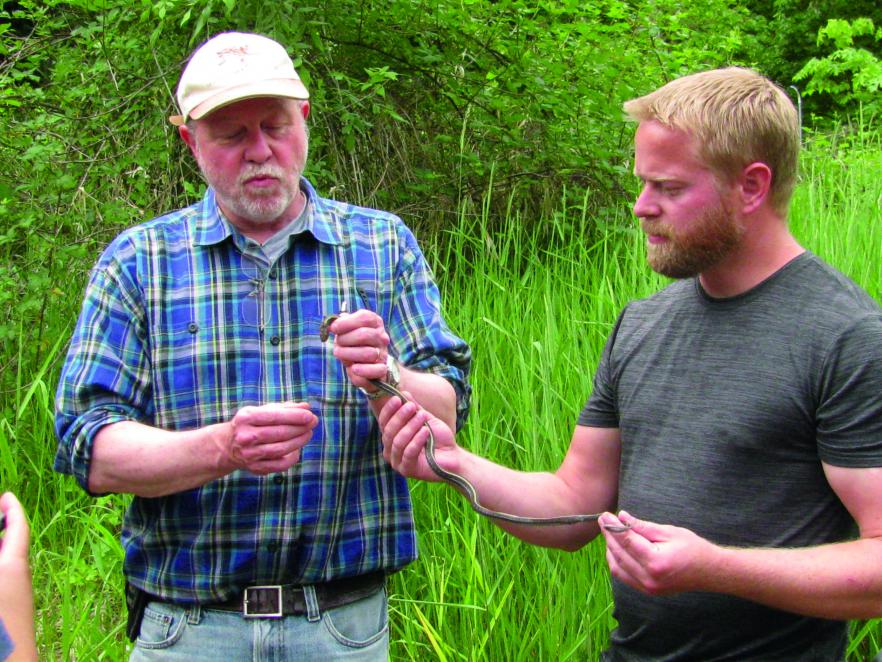
Robert T. Mason
View directory profile
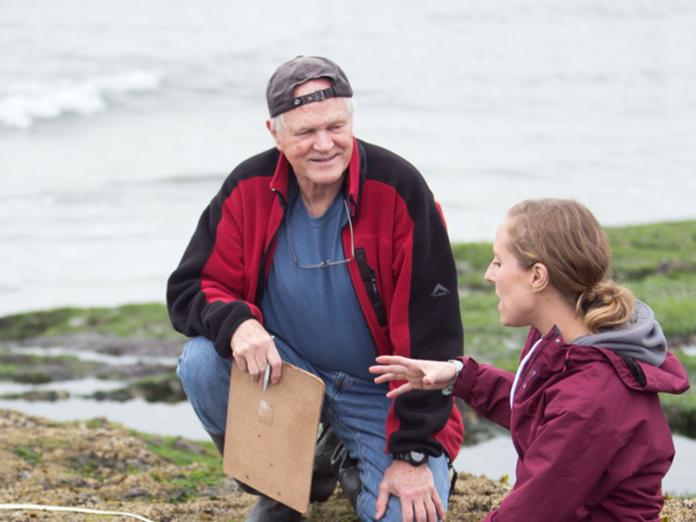
Bruce A. Menge
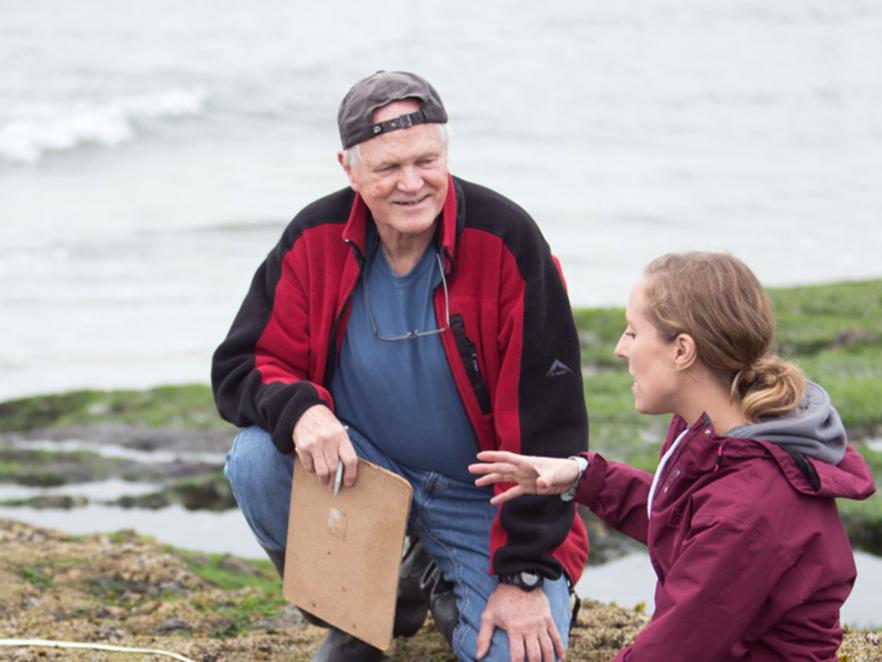
Bruce A. Menge
Major research areas are marine community and meta-ecosystem ecology, physiological ecology, and impacts of climate change, including ocean acidification, on the stability of coastal marine ecosystems.
View directory profile
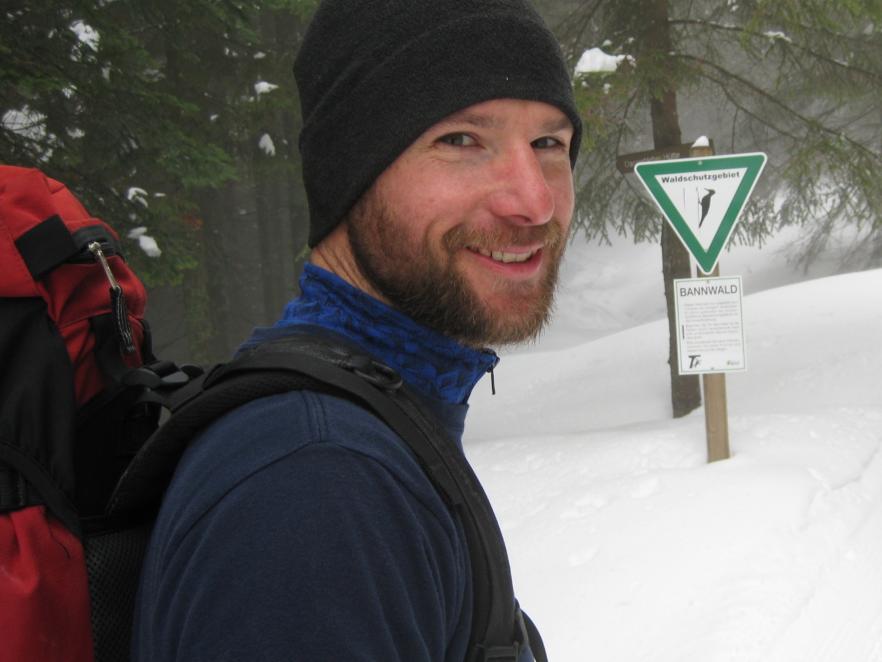
Mark Novak
Our lab studies how the interactions between species affect the structure and dynamics of ecological communities. We are particularly interested in aquatic systems, both marine and freshwater, and use a combination of observational and experimental approaches to inform and test mathematical models of multispecies interactions. We thereby aim to contribute theory that integrates our understanding of the behavior of individuals (e.g., predator foraging) with the ecosystem-level consequences of the interacting populations and species they constitute.
View directory profile
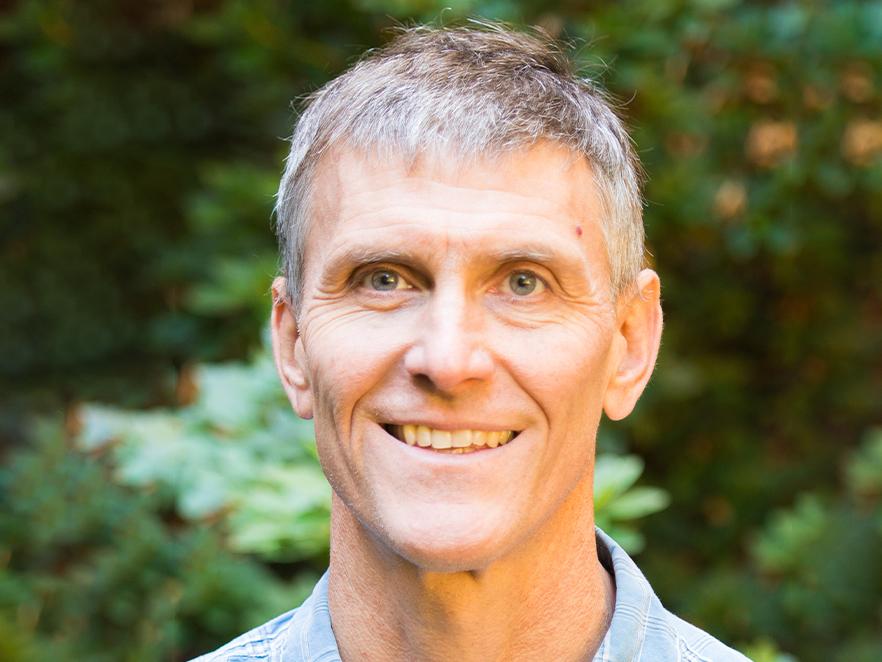
Matt Orr
I am based at the OSU-Cascades campus in Bend, OR. My research on the behavioral ecology of scavengers investigates how animals use other species to locate and to obtain access to carrion. It has highlighted the dependence of raptors on more mobile bird species such as crows and magpies to locate food resources with a high search cost, and illustrates how competition is balanced by mutualism - especially because crows and magpies often cannot access carrion until its hide is opened by raptors. My current work in this area investigates whether visually obscuring hunter gut piles may help to divert lead-poisoned carrion away from raptors. I am also studying a wide array of topics in restoration ecology, ranging from the importance of snag creation for cavity-dependent species during forest restoration; to beaver dam analogs as a tool for restoration; to relations between the community ecology of stream invertebrates and steelhead behavioral ecology in intermittent streams.
View directory profile
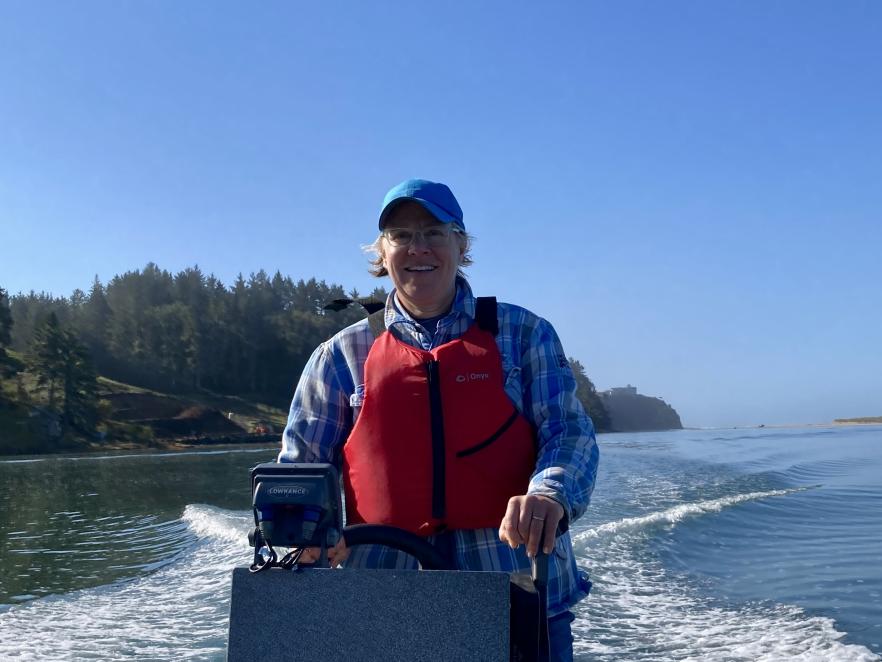
Su Sponaugle
By examining plankton life on spatial scales relevant to the individual and applying in situ sampling techniques coupled with individual-based life histories via ear stone microstructure, our team focuses on teasing apart ecological interactions among members of the plankton, with particular focus on larval fishes, their prey and predators.
View directory profile
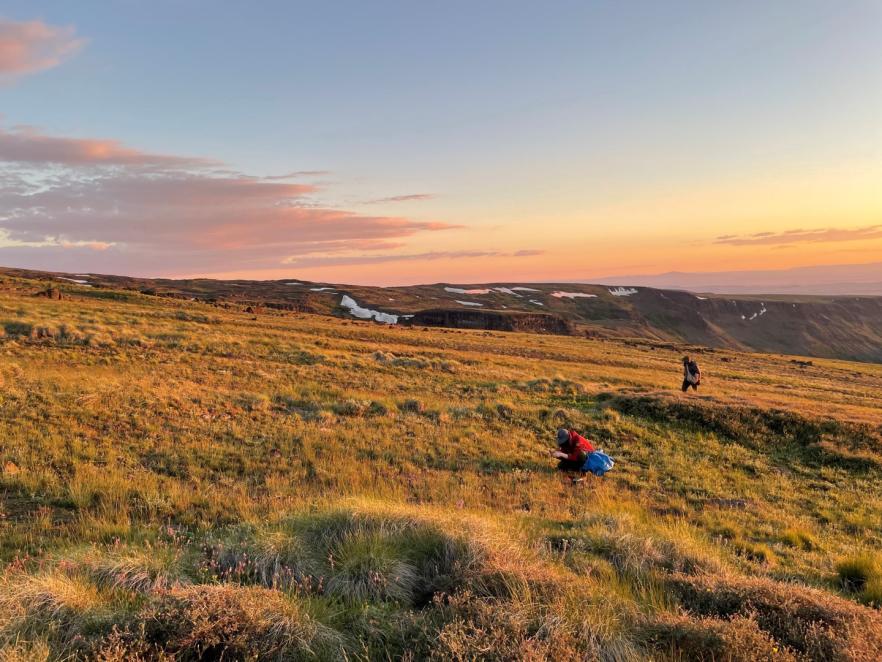
Rebecca C. Terry
Ecological research in the Terry Lab focuses on ecological dynamics within communities and populations today and in the past. Specific areas of interest include macroecology, biogeography, and the dynamics of taxonomic, functional, and phylogenetic diversity across environmental gradients in time and space.
